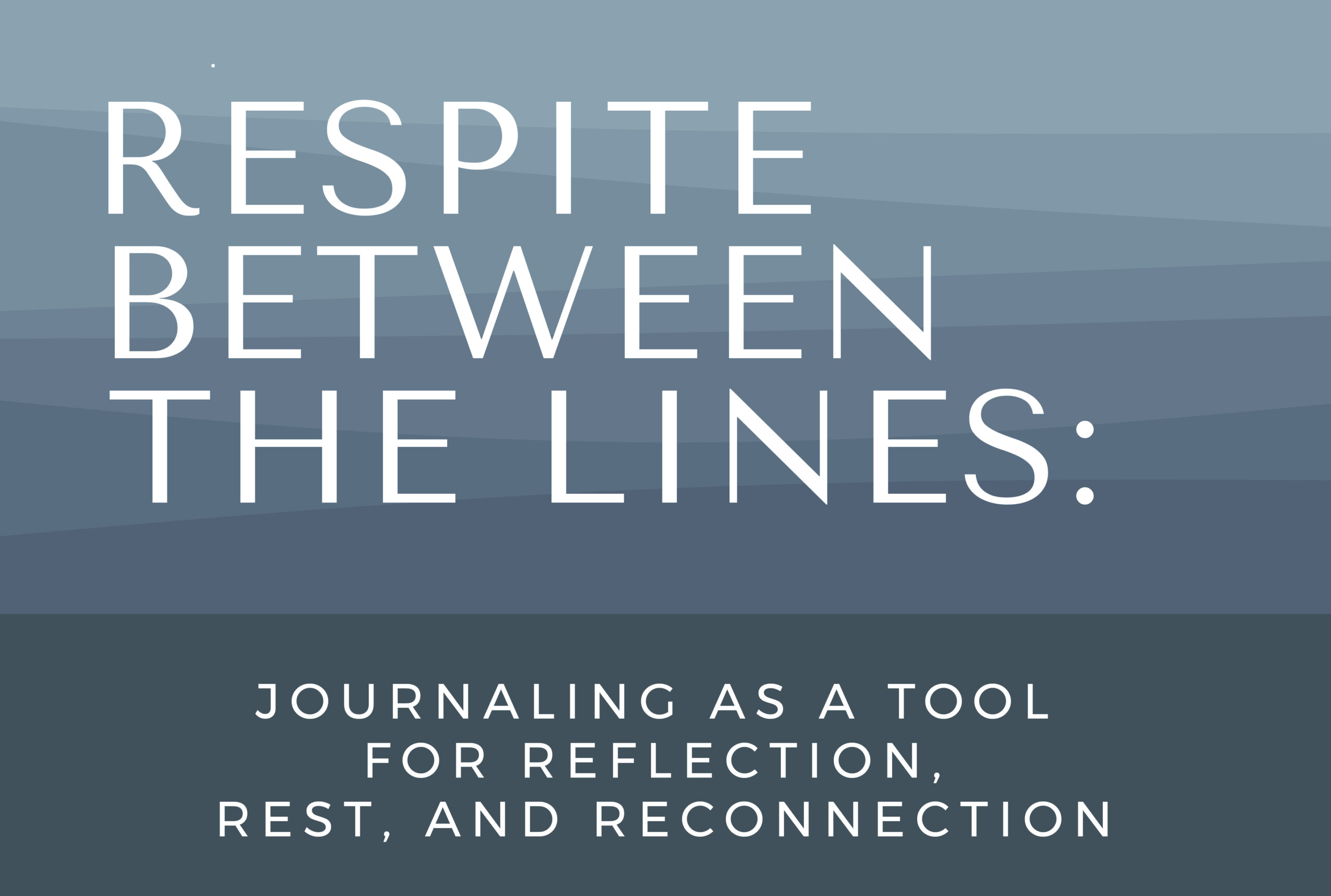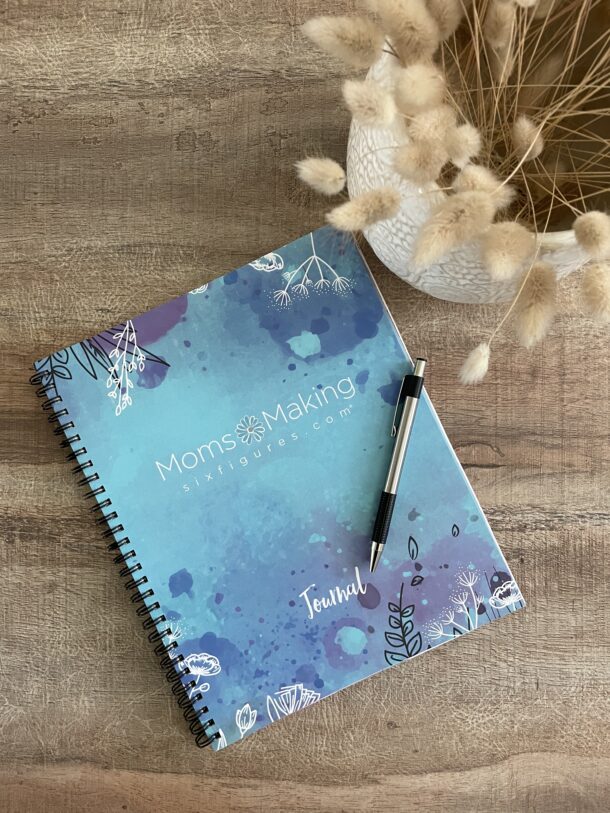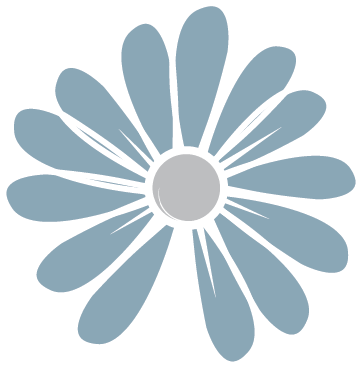
Respite Between the Lines: Journaling as a Tool for Reflection, Rest, and Reconnection
Inspired by this week’s Moms Making Six Figures Podcast featuring Heidi Bartolotta and Jennifer Becker, who believe in the power of journaling and its practice as a foundation for personal happiness and professional success. Your journal is like the big sister to your childhood diary—more meditation and less mindless meandering, more gratitude and less angst, more reflection than rebellion.
Many of us willingly turned to the pages of a diary or a journal throughout our childhood or teen years, confiding our triumphs and failures and scrawling the minutia of our daily lives between the lines. But somewhere along the way, we lost touch with our now dust covered collection, our faithful friend now a mere acquaintance. When our lives became busy and our schedules filled, we confided in our significant other and with friends over happy hour; we turned to social media to vent our frustrations and share our celebrations. And in the midst of the world’s tumult, and an ever growing sense of disconnect, it may be time to pick up our pens and our journaling practice again.

Reflection | Journaling rewires the brain.
Incorporating gratitude into your journaling practice is proven to improve your mood and rewire your brain to look for, and be more mindful of, the positive. In fact, Consciously practicing gratitude daily actually strengthens our neural pathways for our “feel good emotions” based on the neurotransmission of dopamine and serotonin according to Emily Fletcher, the founder of Ziva, a well-known meditation training site.
Rest | Journaling heals emotional and physical wounds.
The act of writing allows us to organize and process the events and traumas we are subject to, ultimately allowing us to, “organize an event in our mind, and make sense of trauma. When we do that, our working memory improves, since our brains are freed from the enormously taxing job of processing that experience, and we sleep better”. And this, according to Dr. Pennebaker, a social psychologist, boosts both our immune systems and our moods. When we heal our emotional wounds through actively pursuing progress, our physical health follows suit.
Fewer emotional stressors and mental burdens tumbling over throughout our brain on repeat, frees up our energy and capacity for living. In 2013, researchers found that the effects of journaling actually have the ability to heal physical wounds when the practice is both consistent and genuine, occurring for at least 20 minutes a day, three days a week.
Reconnection | Journaling connects us to our past and opens the door to progress
When we empty our brain on the page, topics and insights will begin to emerge; after we process what Julia Cameron, author of The Artist’s Way, refers to as “all that angry, petty, whiny stuff”, our interaction with our current world reveals itself. This track record then becomes a visual reminder of our growth when we reflect back on the previous day, week, month, year, or years. And, if you’re participating in the practice of journaling regularly and consistently, you’ll begin to take action toward improving your circumstances as well, “It is very difficult to complain about a situation morning after morning, month after month, without being moved to constructive action”.
So where do you begin, in picking up a friendship that has been all too neglected? Is there a right way to re-introduce yourself, to pick up where you left off? The good news is, the experts all agree –authenticity and consistency are the only two keys. Whether you journal about gratitude, record your child’s latest sayings for posterity, or jot down an inspirational quote from a podcast, the practice itself allows you to rest, reconnect, and reflect while finding respite between the lines.
We suggest starting with a listen to this week’s episode on the various ways Heidi and Jennifer have used journaling both personally and professionally, trying out the ‘Morning Pages’ practice described in Julia Cameron’s book, The Artist’s Way, or starting with recording three daily gratitude’s. Here are some great ‘conversation starters’ to rekindle that friendship between pen and page.


Post a comment:
You must be logged in to post a comment.